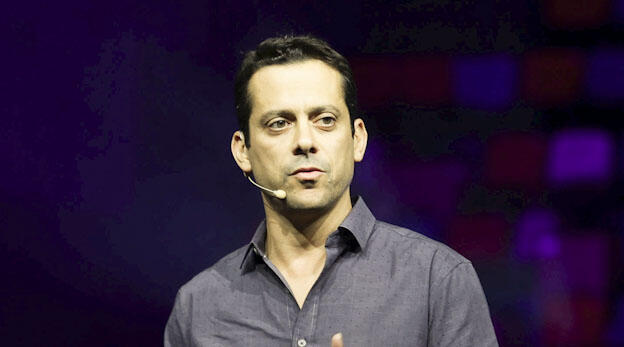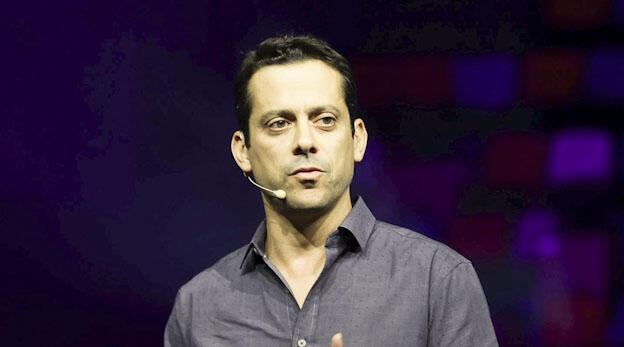
Gaming conference
"Within 24 months, it will be challenging to differentiate between a real person and one created by AI"
Oren Aharon, CEO of the generative AI company Hour One, explained how the startup's platform allows users to create virtual reality avatars of themselves using AI technology
"Within 24 months, it will be challenging to differentiate between a real person and one created by AI. This will open up many business opportunities for companies in the field," said Oren Aharon, CEO of Hour One, at Calcalist’s gaming conference in partnership with Playtika and Google in Tel Aviv. Hour One is “building AI in order to enable companies to meet commercial needs and build platforms," Aharon explained during the conference.
Hour One's platform allows users to create virtual reality avatars of themselves using AI technology. These avatars are based on the appearance and voice of real people, but generated by AI.
"Real people can become virtual characters," Aharon said. "Our system allows content creators in commercial companies to create training videos for sales teams, marketing videos, and more. These videos can be generated from a single format, with a character speaking about the product. It can be applied in the news and media, and sales domains (you can create a real salesperson selling the product). There is support for 80 languages, and a full team can work around the product to extract a lot of value from it.
"When we founded the company four years ago, we understood that a human being consists of many layers, layers of logic and knowledge. We are interested in the outer layer - face, voice, and behavior. This is the focus of what we do. We have developed our model over years of work, and it is the core of our product. It allows for the human connection that we all need and we want to bring it to the world of generative AI."
Aharon explained that the algorithm developed by the company also allows for text input into any video featuring a talking character. "How do I become a virtual character? Anyone can do it from their home, by taking a six-second video on a smartphone. The video is fed into the system, and you can start creating training videos or other content through the system. The company also has developer tools that allow users to choose and operate one of tens of thousands of virtual personas the company has already created.
"Today, we serve 1,300 commercial companies, including Intel, HPE, and T-Mobile. We allow any creator or individual interested in trying out the technology, whether to create videos or build their own product, to join, see how it works and decide if they want to progress. I invite you to use our generative AI products, enjoy, and start developing with us."














